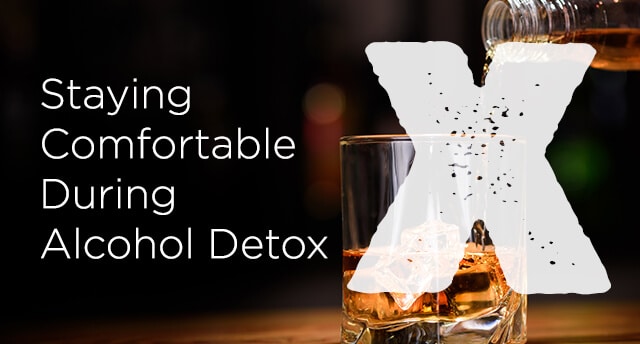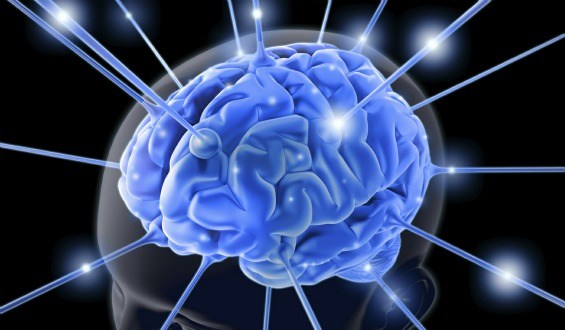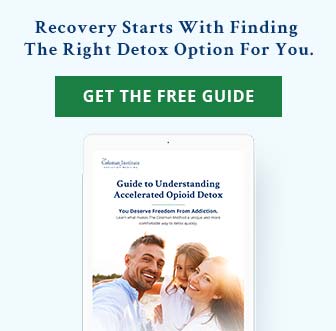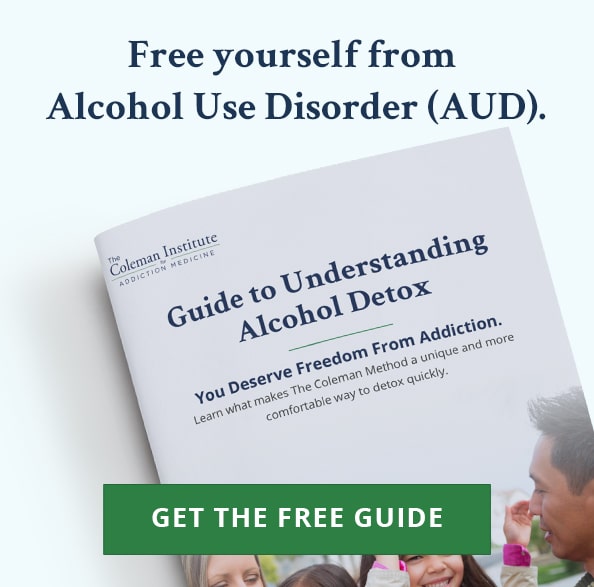The Coleman Institute Blog
10
May 17
Staying Comfortable During Alcohol Detox
If you are daring to stop using drugs or alcohol, you are daring to believe there is something better out there for you.
It is a huge leap of faith to give up something that has so consistently given what you’ve asked of it: ease of mind, release of tension, the illusion of no responsibilities, justification to escape from the troubles the world has unjustly stowed upon you. . .
(more…)8
May 17
The Ecstasy of Detachment
I received a rather desperate call from a patient who’d recently completed an Accelerated Opiate Detox with us at The Coleman Institute. Jean*is the mother of three young children. Prior to completing her detox, she had been taking opioids for several years; originally starting when she was prescribed Hydrocodone for tooth pain.
As we hear frequently from our clients, her use went from being somewhat sporadic to more frequent, until one day she realized her low energy, sweats, irritability and upset stomach had everything to do with the fact she was out of the drug.
(more…)10
Apr 17
Changing the Brain after Opioid Detox
I've spent some time recently listening to interviews with Dr. Rick Hanson, a neuro-psychiatrist. Based on his and others research, he teaches very specific strategies that have been shown to affect the human brain in positive ways.
Like many species, we are more biased toward paying attention to the negative rather than the positive. As Dr. Hanson puts it, our thoughts about negative experiences are like Velcro, our thoughts about positive experiences are like Teflon.
(more…)10
Apr 17
Applying the Water Wheel Analogy to an Addiction Free Life
I am a fan of Fr. Richard Rohr, a Franciscan priest in New Mexico. He's a little controversial in some more conservative Catholic circles, and perhaps that's why I like him. Last week one of his daily Lenten readings discussed the idea that creation is a continuous "water-wheel" of the Trinity emptying itself, pouring into, receiving, and emptying again.
He says, "It's no good telling people to let go if they can't be assured they will be re-filled. . . I can let go because I trust I will always be filled up again. That's the pattern of reality."
(more…)22
Mar 17
Avoiding Dependency and Addiction if Opiate Painkillers are Prescribed
Unfortunately, it happens all the time. Patients are prescribed narcotic painkillers for legitimate reasons and then, become addicted to them. Most of the time, the doctors who are prescribing the medicines are good physicians who mean well. They are just trying to relieve pain in order to help their patients, but the very prescription that is given to relieve pain can often turn into a lifetime of misery. Historically, no data has been available on just how often this happens, but a recent study provides some frightening answers.
(more…)







